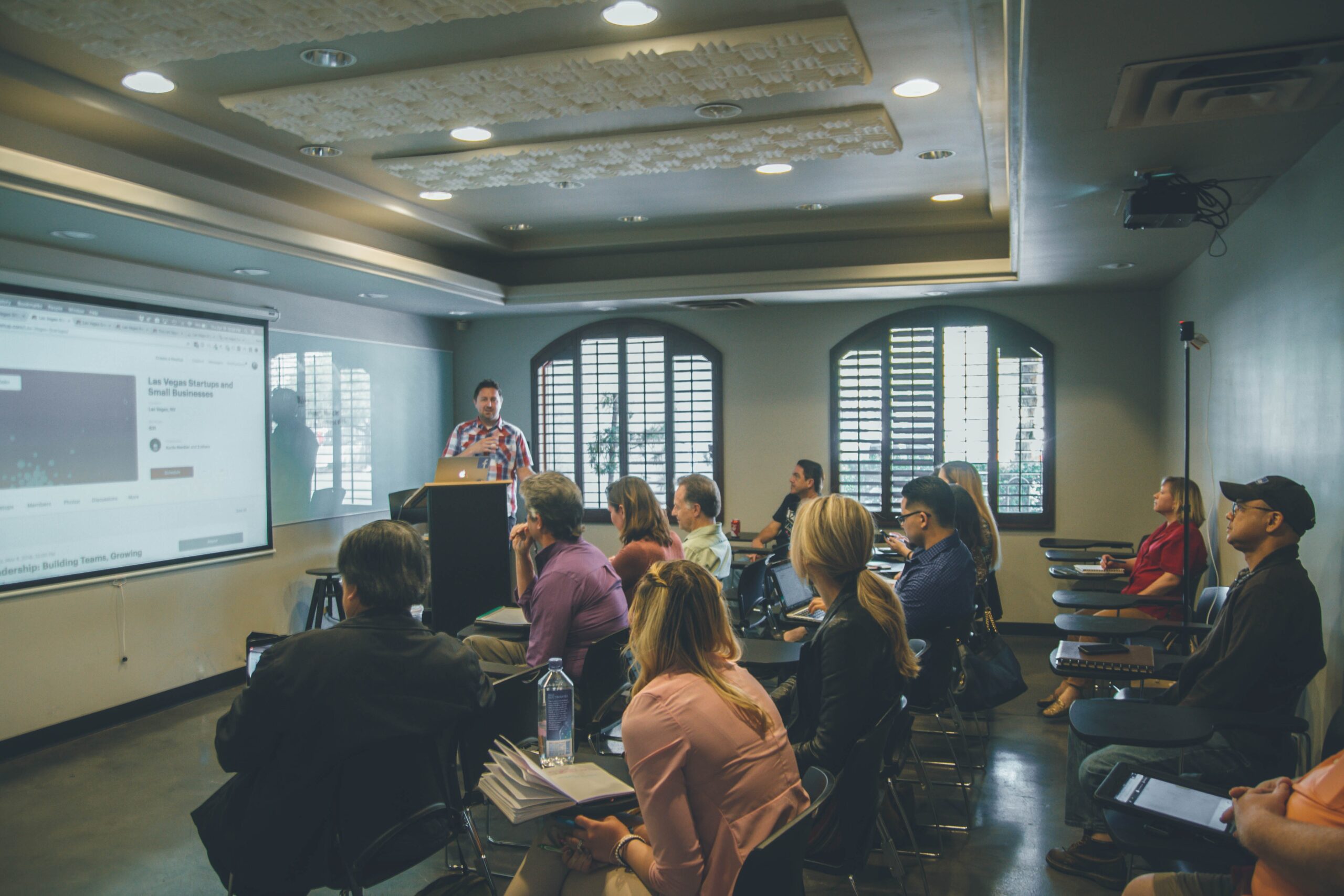
AFFIRMING TEACHERS
It is that time of year again where millions of K-12 students and over 3 million teachers head to school. Not back, forward.
Remember that you were once sitting where your students are and it may be at least partly because of that experience that you are where you are today as educators. What inspired you as a student? Who believed in you, encouraged and supported you to follow your dreams?
Know that because something is taught it does not mean it is acquired and if it is acquired it does not mean it was applied. You want your students to not only gain and have knowledge and skills, you want them to be able to use what they know to help make a better, safer, healthier world.
It was Jean Piaget, the famous Swiss psychologist who said, “Children are not “empty vessels to be filled with knowledge” (as traditional pedagogical theory had it). They are “active builders of knowledge– little scientists who construct their own theories of the world.” His theory of cognitive development was adopted widely by many educators around the world.
While children have cognitive needs, they also have physical, social and emotional needs and they come to school every day with all of those intact. That is why you must teach the whole child and not focus on just one aspect of a student’s developmental needs. Yes, you are concerned with the life of the mind and helping students to think for themselves and not merely adopt what others say without being able to question what they hear, what they read and what they see.
What kinds of knowledge and which skills do you believe are most important for your students to acquire and retain? Your answer will, of course reveal your priorities as a teacher and those are your choices. Those will influence what your students receive in that teacher/student relationship. A note on that here. There is substantial research that suggests that of all the variables in the education equation, the most important one is the relationship between the teacher and the student as it effects the outcome, the learning, as much or more than anything else.
Here’s a question I have asked teachers for years and the answer is consistently yes. “Do you remember a teacher you had who made a difference in your life?” And usually, you remember the teacher’s name and what he or she did that had a lasting impact on you as a student. Think about that for a moment. Does a name come easily to mind? Students remember you and while students have favorite teachers, teachers tend to have favorite students, the ones who are cooperative, hard-working, and well-behaved. I often preferred trouble-makers, the outliers, probably because I was one myself.
The personalities and behaviors of students will be varied because of their backgrounds, experiences, and families. While they spend a significant part of their awake hours in school, there are many hours spent in other influential activities including time with families, with friends, with the media, and sometimes with sport activities outside of school. There are often other things on students’ minds vying for attention besides the lesson of the hour or day.
In these times of uncertainty and disruption, you are often dealing with additional factors of stress and anxiety. That additional burden for students makes concentrated learning all the more difficult and challenging as these external forces compete for attention. Students often end up feeling overwhelmed by too many things that are distracting and taking their time as they cope with the accompanying feelings. In the United States, there was over 250,000 young people who lost a parent or primary care-giver in the past two years because of the pandemic. And your students here are burdened with shooter drills and lockdown exercises, not the best environment for teaching and learning. You can identify your students’ biggest challenges and help design strategies for meeting them.
Finally this, with regard to students. Do you know what your students’ hopes and dreams are for their future? Do you have ways of helping connect them to resources which will add extra fuel for that journey?
Little scientists with their own theories of the world! The best students are curious, inquiring and excited about learning and we have this amazing opportunity to feed their curiosity and nurture their spirit., That is what they want, what they need and it’s up to you to see that they get it.
